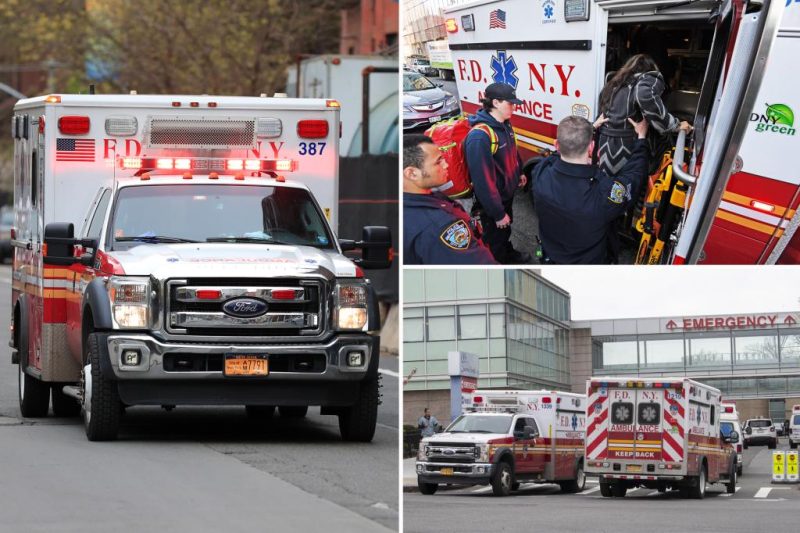
The New York City Fire Department (FDNY) recently implemented a new directive aimed at improving 911 response times. The policy mandates that ambulances transport patients to the nearest hospital, regardless of the patient’s condition or the hospital’s capabilities. This seemingly simple solution has, however, sparked a furious backlash from patients, medical professionals, and hospital administrators alike.
Critics argue that the policy prioritizes speed over appropriate care. Sending a patient with a complex heart condition to a small community hospital lacking specialized cardiac units, for instance, could have devastating consequences. The focus on proximity, they claim, ignores the crucial element of matching patient needs with the appropriate medical resources. One paramedic, quoted anonymously, described the new directive as “stupid – in a word.” This sentiment reflects the widespread concern that the policy is a dangerous oversimplification of a complex medical system.
Hospitals are also feeling the strain. Smaller facilities, unprepared for the influx of patients with diverse and potentially serious conditions, are struggling to cope. This could lead to longer wait times for all patients, potentially compromising care for everyone. Meanwhile, hospitals equipped to handle specialized cases might find themselves underutilized, as patients are diverted to less appropriate facilities. The unintended consequences of this policy are already becoming apparent, raising serious questions about its effectiveness and overall impact on patient care.
The FDNY defends the policy, arguing that it will ultimately reduce response times and improve overall efficiency. However, the overwhelming negative reaction suggests a significant disconnect between the department’s intentions and the practical realities on the ground. The focus on raw speed, without considering the critical factor of appropriate care, appears to be a flawed approach. It remains to be seen whether the FDNY will reconsider this controversial policy in light of the significant opposition and growing concerns about patient safety and the efficacy of the system as a whole.










